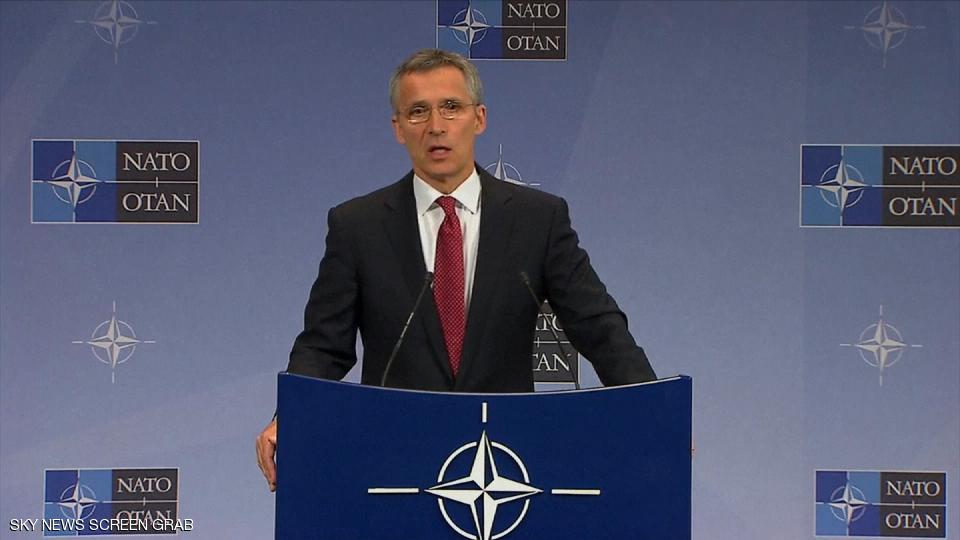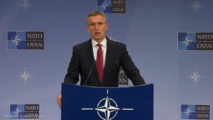Washington announced on Friday it was withdrawing from the 1987 arms control agreement, and Moscow followed a day later.
Both accuse the other of violating the treaty, one of the last major Cold War nuclear agreements and which prohibits the development of ground-launched nuclear missile capabilities with a range of 500 to 5,500 kilometres.
In comments published by Germany's Funke Media Group, Stoltenberg said Russia had always complained that countries like China, India, Pakistan and Iran had developed mid-range missiles while it was banned from doing so.
"But that's not an excuse for violating a treaty," Stoltenberg said. "On the contrary. It should prompt us to strengthen this treaty and bring in more partners."
He said that NATO would look into its own initiatives to maintain the treaty and improve arms control. "And we will talk to Russia again," he said.
Russia will not formally exit the treaty for another six months and Stoltenberg urged Moscow to change its mind in that time. "We call on Russia once again to use this opportunity," the NATO boss said.
Both accuse the other of violating the treaty, one of the last major Cold War nuclear agreements and which prohibits the development of ground-launched nuclear missile capabilities with a range of 500 to 5,500 kilometres.
In comments published by Germany's Funke Media Group, Stoltenberg said Russia had always complained that countries like China, India, Pakistan and Iran had developed mid-range missiles while it was banned from doing so.
"But that's not an excuse for violating a treaty," Stoltenberg said. "On the contrary. It should prompt us to strengthen this treaty and bring in more partners."
He said that NATO would look into its own initiatives to maintain the treaty and improve arms control. "And we will talk to Russia again," he said.
Russia will not formally exit the treaty for another six months and Stoltenberg urged Moscow to change its mind in that time. "We call on Russia once again to use this opportunity," the NATO boss said.









 Home
Home Politics
Politics











